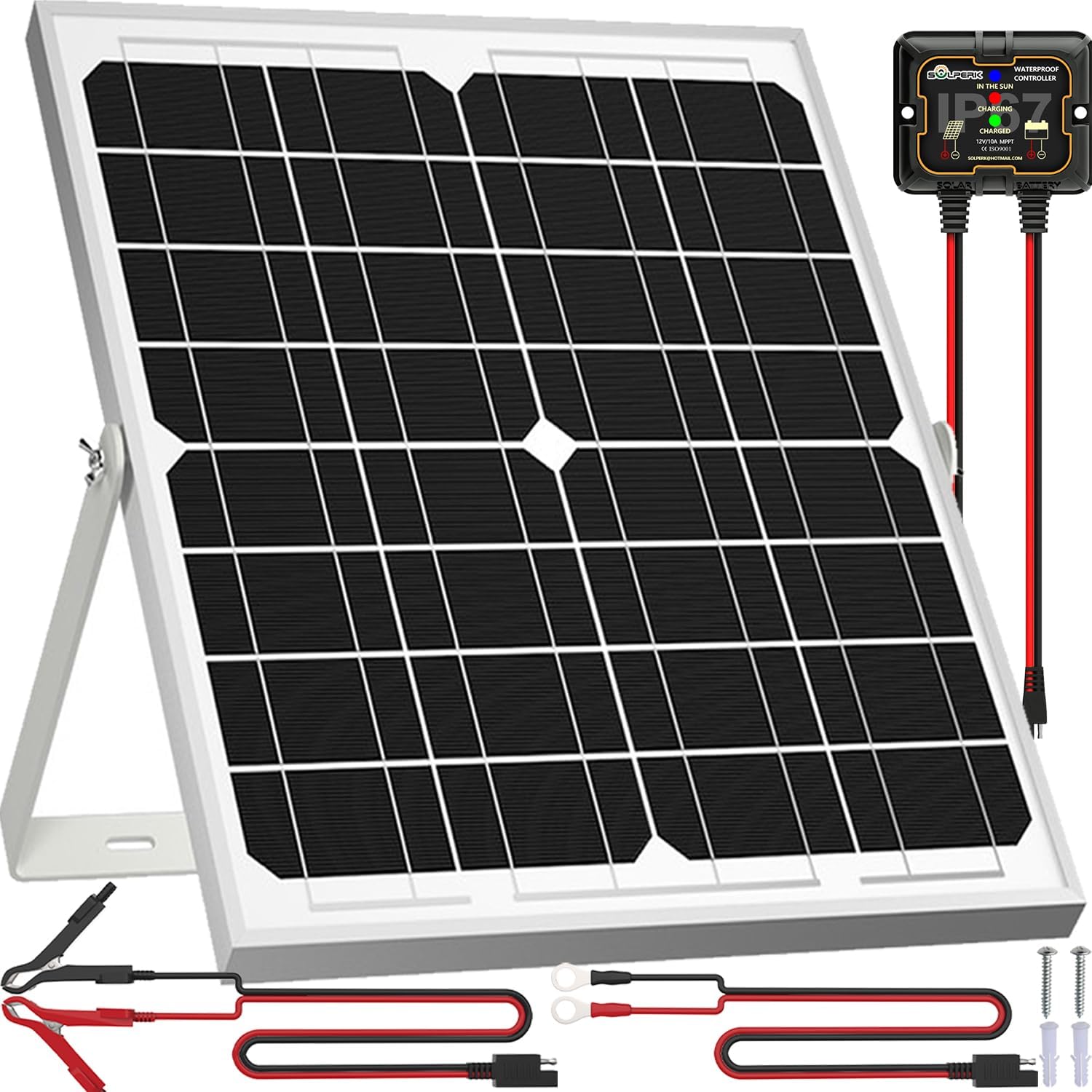Introduction
Looking to break free from fossil fuels and reduce your carbon footprint? A solar power charging station for electric cars provides the perfect answer. The rising popularity of electric vehicles (EVs) has created an urgent need for sustainable, cost-effective charging solutions. Unfortunately, most EVs still depend on grid electricity, which is often generated from non-renewable sources. This undermines the promise of clean transportation.
The solution? Power your EV with the sun. A solar EV charging station offers a renewable, independent, and economical way to charge your vehicle—helping you save money while protecting the planet.
Why Solar EV Charging Is the Next Big Thing
With global energy demands rising, solar-powered EV stations are emerging as a crucial innovation. They offer unmatched environmental and financial advantages while reducing stress on aging electric grids.
🌞 Key Benefits of Solar Power Charging Stations:
-
Lower Operating Costs: Slash monthly utility bills by generating your own power.
-
Green Energy Source: No emissions, no pollution—just clean, renewable energy.
-
Grid Relief: Reduce the strain on public electricity infrastructure during peak hours.
-
Tax Incentives & Rebates: Qualify for federal and local programs to offset installation costs.
-
Energy Resilience: Solar systems with battery storage ensure EV access even during outages.

How Does a Solar Power Charging Station for Electric Cars Work?
At its core, a solar EV charging station collects energy from the sun, converts it into electricity, and feeds it into your vehicle’s battery.
⚙️ Components of a Solar EV Charging System:
-
Solar Panels – Mounted on rooftops or carports to capture sunlight.
-
Inverter – Converts direct current (DC) from panels to alternating current (AC) for your charger.
-
Battery Storage (optional) – Stores excess energy for night-time or emergency use.
-
EV Charger (Level 1, Level 2, or DC Fast Charging) – Delivers the energy directly to your car.
Some advanced systems also feature smart charging capabilities, solar tracking systems, and app integration for remote monitoring.
Types of Solar Charging Stations for EVs
🏠 Residential Solar EV Charging Stations
Perfect for homeowners who want full control over their energy use. Residential units usually include rooftop solar panels and a Level 2 charger in the garage or driveway.
-
Charging speed: 4–8 hours for a full charge.
-
Ideal for overnight charging.
-
Cost: $5,000–$15,000 with possible tax incentives.
🏢 Commercial Solar EV Charging Stations
Designed for businesses, government facilities, or public locations like malls and universities.
-
Supports multiple vehicles at once.
-
Integrates payment and reservation systems.
-
Great for enhancing brand image and sustainability goals.
🚗 Portable Solar EV Chargers
Small, foldable systems that charge on the go. While slower, they’re ideal for emergencies or rural areas with no infrastructure.

Cost Breakdown and ROI
💸 How Much Does It Cost?
| Station Type | Average Cost (USD) | Incentives Available |
|---|---|---|
| Residential | $5,000–$15,000 | Federal/State Tax Credits, Utility Rebates |
| Commercial | $20,000–$100,000+ | Grants, Incentives, LEED Points |
💼 Return on Investment (ROI)
Most users see payback within 6–10 years through:
-
Reduced electricity bills
-
Lower maintenance costs
-
Increased property value
-
Ongoing energy independence
Challenges and Considerations
While the benefits are significant, it’s important to consider:
-
Sunlight Availability: Effectiveness depends on geographic location and climate.
-
Upfront Cost: Initial investment can be steep without incentives.
-
Space Requirements: Adequate rooftop or land space is needed for panel installation.
-
Battery Storage: Optional, but adds to overall cost.
Still, these challenges are often outweighed by the long-term advantages and environmental impact.
FAQs
1. What is a solar power charging station for electric cars?
A solar power charging station for electric cars is a system that uses solar panels to generate electricity, which is then used to charge electric vehicles (EVs). It offers a renewable, eco-friendly alternative to grid-based charging.
2. How does a solar EV charging station work?
Solar panels collect sunlight and convert it into electricity. That power flows through an inverter and either charges the EV directly or is stored in a battery for later use.
3. Can I install a solar power charging station at home?
Yes, homeowners can install residential solar charging stations with rooftop solar panels and a Level 2 EV charger. These systems are ideal for overnight charging.
4. How much does a solar charging station cost?
Residential solar EV stations typically cost between $5,000 and $15,000. Commercial systems can exceed $100,000 depending on size and features. Incentives may reduce costs.
5. How long does it take to charge an electric car with solar power?
Charging time depends on the system and sunlight. Most Level 2 solar chargers can fully charge an EV in 4–8 hours. Fast chargers can reduce this time significantly.
6. Can I use a solar EV charger during cloudy weather?
Yes, solar charging stations often include battery storage or grid tie-ins to ensure your EV can charge even when the sun isn’t shining.
7. Is solar EV charging better than using the grid?
Yes. Solar EV charging reduces reliance on fossil fuels, cuts long-term electricity costs, and minimizes your carbon footprint, making it a greener solution.
8. What size solar system do I need to charge an EV?
On average, a 4–6 kW solar panel system is sufficient to charge one electric vehicle, depending on driving habits and energy efficiency.
9. Can I sell excess solar energy back to the grid?
Yes, in many areas net metering allows you to send unused solar energy back to the grid in exchange for credits on your electric bill.
10. Are there government incentives for solar EV stations?
Absolutely. Many federal, state, and local programs offer tax credits, rebates, and grants to lower the cost of installing a solar power charging station for electric cars.

Future Outlook: Integrating Solar, EVs, and Smart Grids
As solar technology advances and EV adoption skyrockets, expect more integrated solutions like:
-
Vehicle-to-Grid (V2G): EVs feeding power back into the grid.
-
Smart Solar Hubs: AI-powered energy distribution.
-
Wireless Solar Charging: No plugs—just park and charge.
These innovations will accelerate the transition to a decentralized, green energy ecosystem.
Final Thoughts: Make the Switch Today
There’s no better time to invest in a solar power charging station for electric cars. Whether you’re a homeowner seeking energy independence or a business enhancing your eco-credentials, solar EV chargers offer a future-ready, cost-saving, and eco-conscious solution. Take control of your energy—and your impact on the planet—by making the switch today.
Disclosure: As an Amazon Associate, I earn from qualifying purchases.


